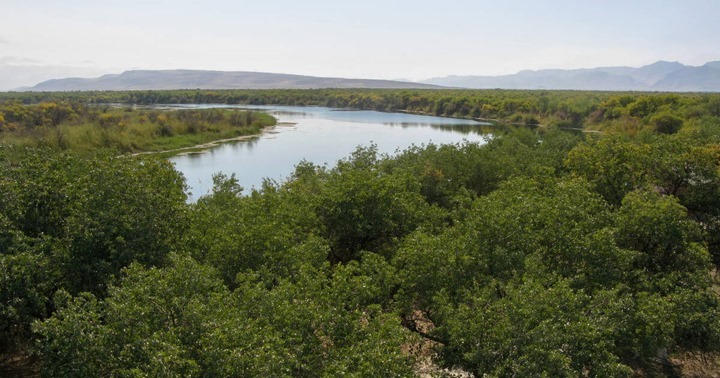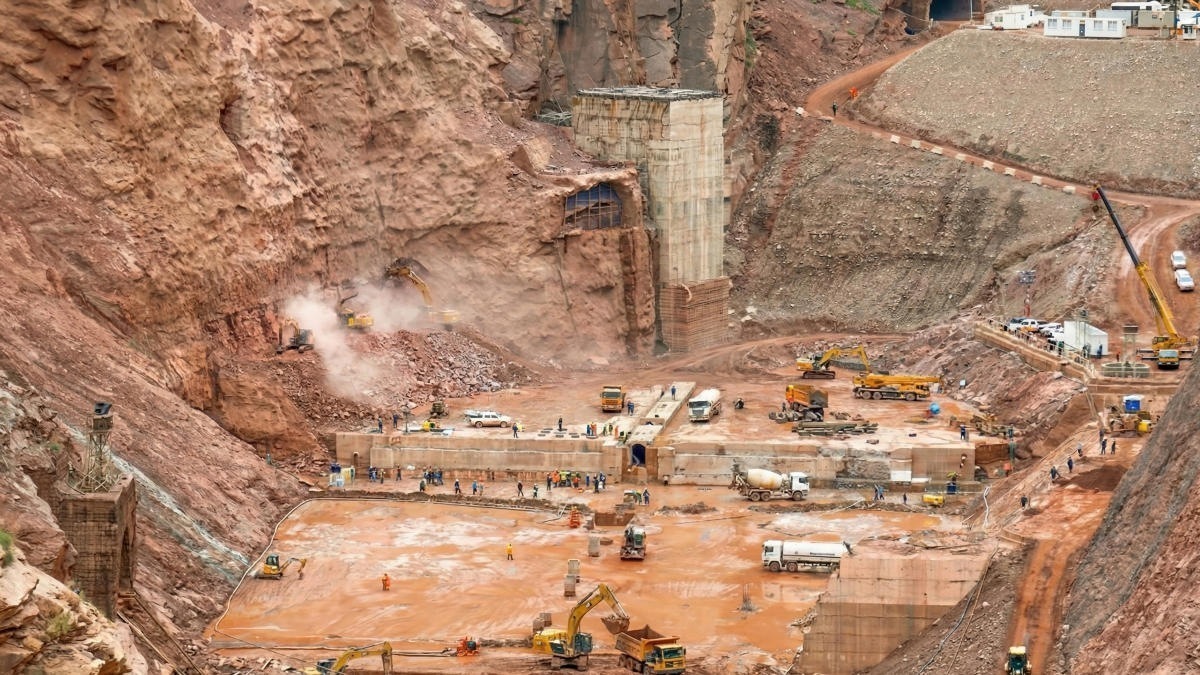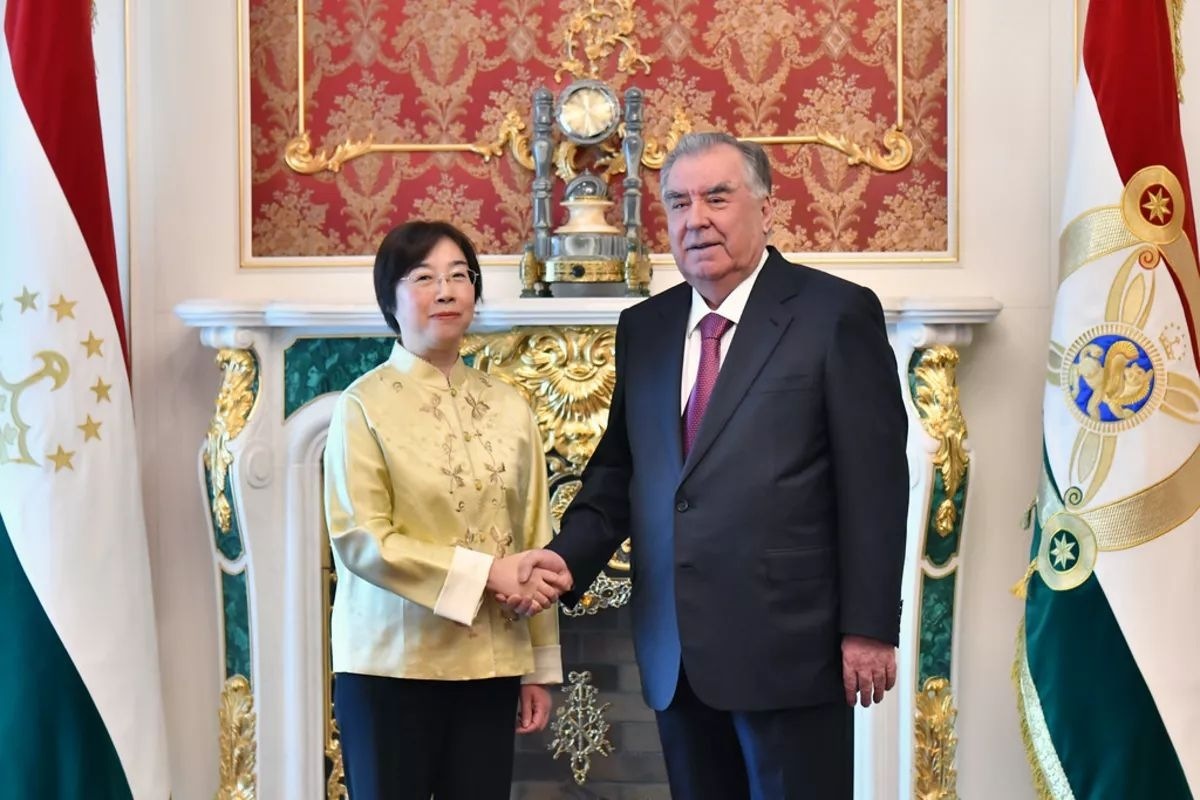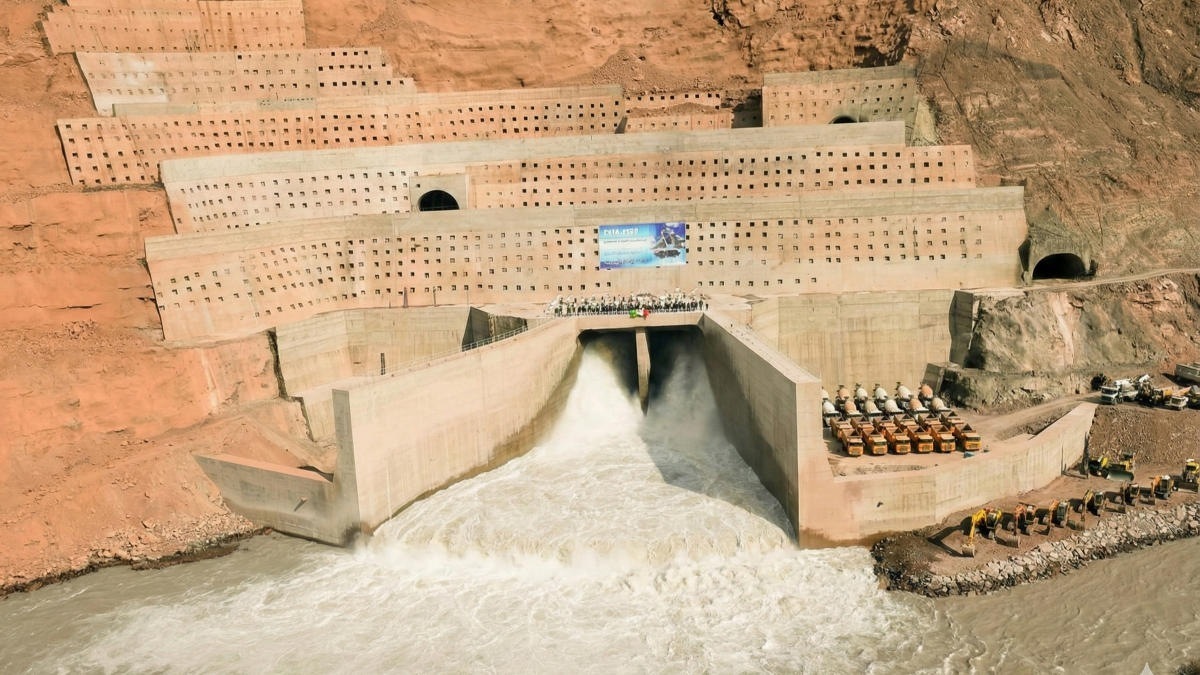The Tigrovaya Balka nature reserve, located on the Vakhsh River in Tajikistan, which gained international recognition from UNESCO last year, is at risk of losing its unique ecosystem due to the Rogun hydropower plant reservoir project, warn environmentalists. Numerous global environmental groups, led by the environmental alliance Rivers without Boundaries, have endorsed the Tigrovaya Balka reserve.

In a letter to potential investors in the Rogun hydropower project, the environmentalists express concern that the reserve’s floodplain ecosystems downstream of the massive dam could be the first casualty of the changing water flow of the Vakhsh River, as they may not receive enough flood water to maintain ecological equilibrium.
Eugene Simonov, the international coordinator of the Rivers Without Borders environmental coalition, points out that the updated design documentation for the Rogun HPP does not address the issue of ensuring sufficient flood flows to maintain the unique tugay forests in the Tigrovaya Gully, its floodplain as a whole, as well as other key natural values. Consequently, executing the project to complete the Rogun HPP reservoir in its current form could lead to the ultimate degradation of the reserve’s floodplain complex.
According to UNESCO, the reserve’s floodplain forests are the largest and most intact riparian forest of this type in Central Asia. This is the only location worldwide where the ecosystem of riparian forests of Asian poplar has been preserved in pristine condition over a large area. The decision to inscribe the site on the UNESCO World Heritage List last year emphasized that the preservation of the Outstanding Universal Value of the Tigrovaya Balka riparian forests largely depends on the flow dynamics of the Vakhsh River, necessitating constant attention to maintaining a favorable water regime.
Alexander Kolotov, Central Asia Coordinator of the Rivers Without Borders environmental coalition, states that the riparian forests of the Tigrovaya Balka house Tajikistan’s largest natural habitat for the red deer Bukhara deer, which is also at risk. Numerous species of wetland birds could also be endangered if the floodplain lakes where they nest and rest become dry or saline due to changes in the Vakhsh’s water regime.
The appeal in defense of the UNESCO World Natural Heritage site “Tugai Forests of Tigrovaya Balka Reserve” was sent to international financial institutions – the main participants of the so-called “Rogun HPP Coordination Group”, which includes the World Bank, Asian Infrastructure Investment Bank, European Investment Bank, Asian Development Bank, Islamic Development Bank. In addition to the environmental coalition Rivers Without Borders, the appeal was also signed by such international environmental organizations as World Heritage Watch, Perangua Network, and the International Socio-Ecological Union.






Leave a Reply